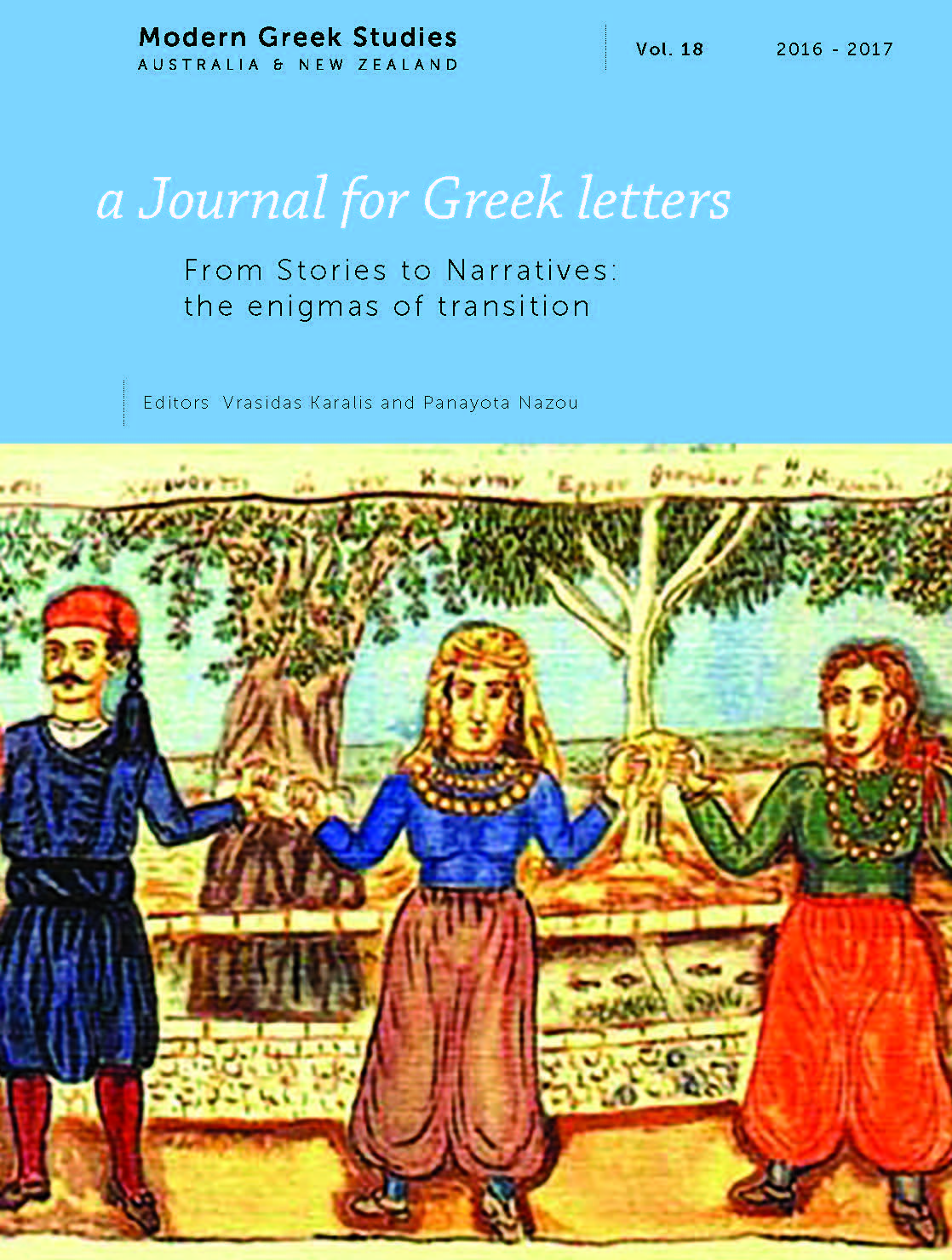Accepting the blogging challenge: Modern Greek Language Teaching at Tertiary Level
Abstract
Since the early 2000s, the educational merit of Web 2.0 authoring in the format of blogging has been widely promoted. In the higher education context, blogs have been used successfully for a wide range of purposes including to develop learner autonomy and intercultural competence (Lee, 2011); to increase student motivation to learn from peers via online interaction in the form of blog comments (Yang & Chang, 2012); to support students during internships and placements (Chu, Chan & Tiwari, 2012); ‘to develop literary, communicative and digital skills’ (Neira-Piñeiro, 2015: 555); to create an inclusive, communicative learning environment (Kim, 2012); to achieve reflective learning (Muncy, 2014) and as part of an assessment process in which student blogs were tracked ‘with the aim of improving self-reflective processes and providing feedback’(Ion, Cano & Ferrer, 2014: 238).
